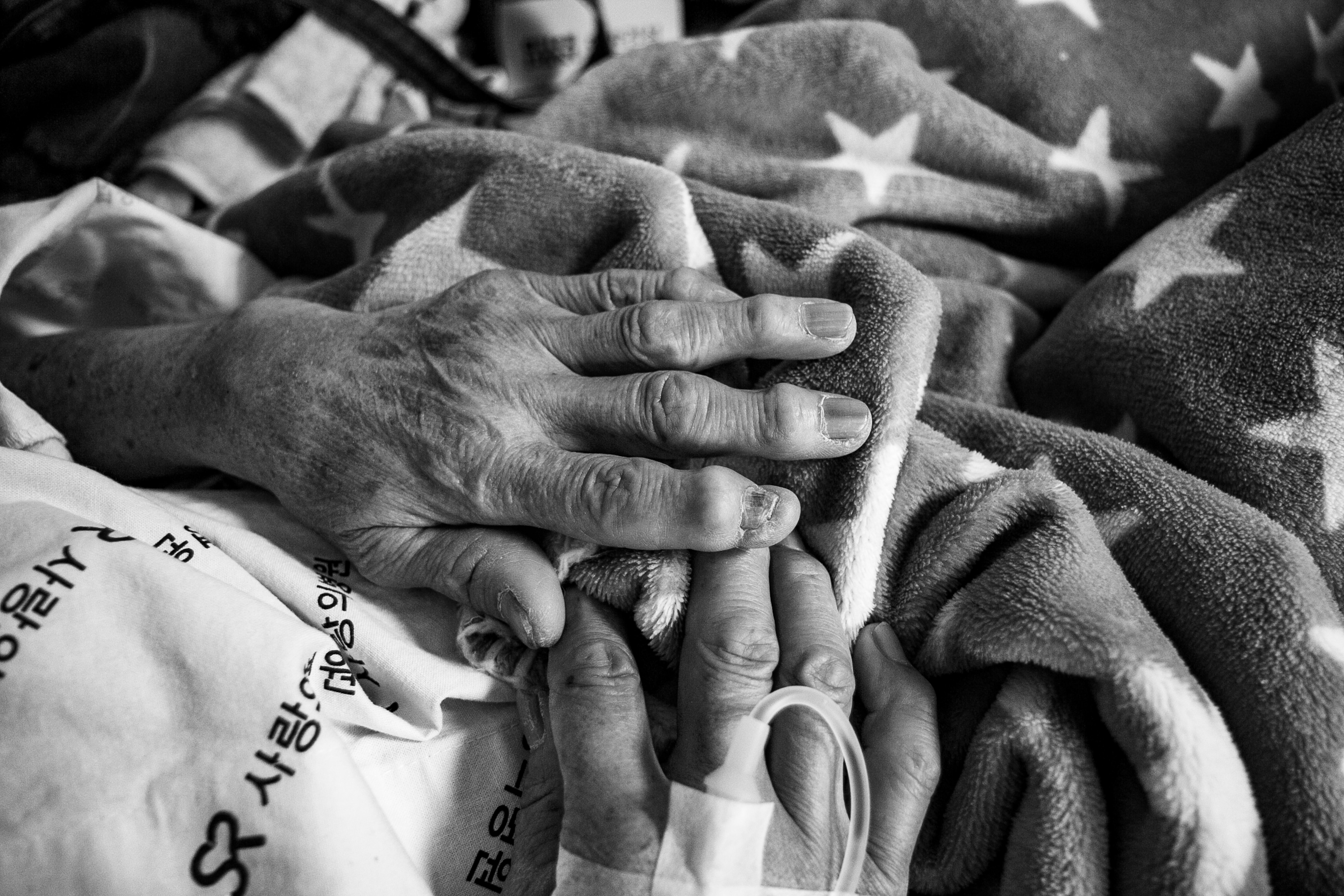Firm rebuttal to NZ assisted dying study
Embargoed until:
Publicly released:
2020-08-21 00:01
A New Zealand study that claimed legal euthanasia could have a ‘social contagion’ effect is coming under a critical eye by other researchers. The original study was an in-depth interview with a person who had a family member go through assisted dying in a country where it is legal. A separate team of scientists notes that an interview with just one person has limited reliability as scientific evidence. They also say the original study’s authors make claims that are out of the study’s scope, and that other claims do not have data to back them up.
Journal/conference: New Zealand Medical Journal
Organisation/s: Queensland University of Technology (QUT), University of Otago
Funder: This research did not receive any specific funding. Ben White and Lindy Willmott were engaged by the Victorian Government (Australia) to design and provide the legislatively mandated training for doctors involved in assisted dying. Both have also developed a model Bill for assisted dying for parliaments to consider. Ben White is a recipient of an Australian Research Council Future Fellowship (project number FT190100410: Enhancing End-of-Life Decision-Making: Optimal Regulation of Voluntary Assisted Dying) funded by the Australian Government. Lindy Willmott is a member of the board of Palliative Care Australia, but states this article only represents her views. Jocelyn Downie was a member of the pro bono legal team in Carter v Canada, the Royal Society of Canada Expert Panel on End-of-Life Decision Making, the Provincial-Territorial Expert Advisory Group on Physician-Assisted Dying, and the Council of Canadian Academies Expert Panel on Medical Assistance in Dying. Andrew Geddis is a member of ‘Lawyers for End of Life Choice’ and ‘Yes for Compassion’. Colin Gavaghan is a member of ‘Lawyers for End of Life Choice’ and a board member of ‘Yes for Compassion’. He was an expert witness for the plaintiff in Seales v Attorney General.
Media release
From: New Zealand Medical Association (NZMA)
Debates about the referendum on the End of Life Choice Act should be based on reliable evidence. This article critically analyses an article written by Winnington and MacLeod which makes broad claims about potential risks for New Zealand society including “the potential for assisted dying becoming an expectation for others to pursue when unwell and possibly facing a life-threatening illness” and “that there may be the potential for such legislation to produce a contagion effect.”
These claims are based on one interview with an individual who had a family member choose assisted dying in another country. A single interview with one person from a very different context cannot sustain the broad and significant claims made about how society in New Zealand might change as a result of assisted dying.
We conclude—based on these flaws and others—that the article is not reliable evidence and should not be considered in debates leading up to the referendum.


